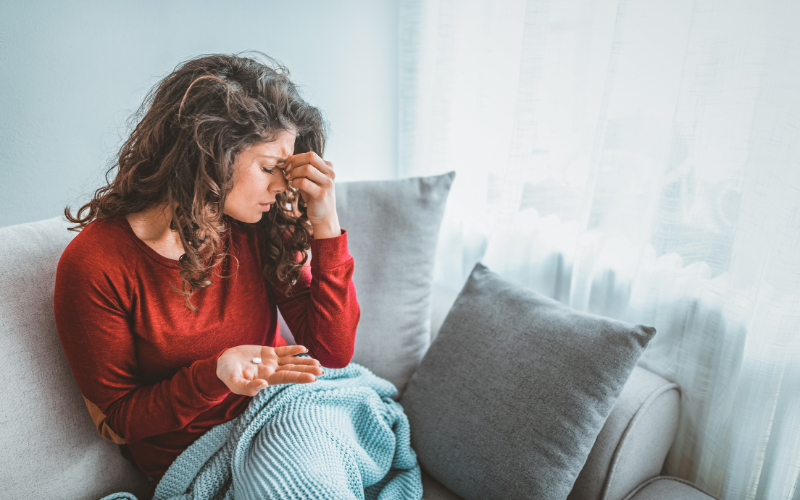Restricted Sleep Increases Some Symptoms of Migraine, Study Finds
Original Article | Sleep Review

PharmacyTimes: Using a transcranial magnetic stimulation method, researchers have found that reduced sleep alters central nervous inhibition from GABAergic and dopaminergic mechanisms differently in individuals with migraines versus those without.
Migraine is a primary headache disorder with a well-established association with insufficient sleep. According to the study, migraine affects approximately 15% of adults aged 15 to 64 globally and is the leading cause for years lived with disability below 50 years of age. Many patients with migraine report problems with sleep, headaches upon awakening, and using sleep as a way to avoid a headache. Researchers have also found worse sleep quality compared to individuals without migraines, as well as an increased likelihood for insomnia-like sleep patterns among individuals with migraines.
Sleep restriction with about 50% sleep for 2 nights is a human experimental model of insufficient sleep, according to researchers. In healthy subjects, sleep deprivation may alter cortical inhibitory and facilitatory systems, and seems to increase pain sensitivity. Increased sensitivity to pain has previously been discovered in patients with migraine and may be associated with both increased homeostatic sleep pressure caused by increased need for sleep as well as reduced intracortical inhibition.
Despite these findings, both the underlying pathophysiology of the disease and its relationship with sleep are unexplained. In order to investigate this association further, researchers applied transcranial magnetic stimulation to analyze possible mechanisms of insufficient sleep in patients with migraine.
According to the analysis, sleep restriction had an opposite effect on cortical silent period duration in interictal migraines and controls. The cortical silent period refers to an interruption of voluntary muscle contraction by stimulating the contralateral motor cortex. With sleep restriction, this period was reduced from 147.9 minutes to 139.6 minutes. This impact was still significant when replacing sleep condition with measured sleep time in minutes.

